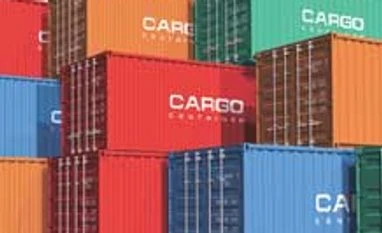The move is expected to lower import dependence and augment quality production. Exporters said since the obligation was based on the duty amount saved, it would be easier to meet the requirement.
The Export Promotion Capital Goods (EPCG) scheme allows duty free imports of machinery and parts against an undertaking that a firm will export a specified amount within a stipulated time. The new trade policy reduces the export obligation to 75 per cent from 90 per cent in the EPCG scheme. This is for exporters who opt for domestic procurement over imports based on the duty saved amount and not on the free-on-board (FOB) value.
More From This Section
“The earlier export obligation was based on the FOB value and now it is on the duty saved, it could be either customs or excise duty. This way, firms will be induced to procure locally,” director general of Foreign Trade Pravir Kumar told Business Standard. Exporters procuring capital goods locally will also face the export obligation since they are subjected to excise duty concessions.
During 2008-09 several exporters defaulted on their obligation due to a slowdown in demand overseas. The hardest hit at that time was the steel industry.
According to Ajay Sahai, chief executive officer and director general of the Federation of Indian Export Organisations, “The relaxation on domestic procurement is a good move which will boost the domestic capital goods industry. But even in previous policy domestic capital goods manufacturers were provided an exemption of excise duty and deemed export drawback.”
Sahai said there were chances the petroleum sector would default this time due to crashing crude oil prices.
The EPCG scheme in the new trade policy allows import of capital goods for pre-production, production and post-production at zero customs duty. It also allows procurement of capital goods from domestic sources. Under this, the export obligation will be equivalent to six times the duty saved on capital goods.
“The reduction in export obligation coupled with a further reduction if an applicant decides to purchase capital goods locally should give an impetus to import substitution,” said Amit Kumar Sarkar, partner, Grant Thornton India.
PUSHING THE AGENDA
- The move is expected to lower import dependence and augment quality production
- The policy reduces the export obligation to 75 per cent from 90 per cent in the Export Promotion Capital Goods scheme
- This is for exporters who opt for domestic procurement over imports based on the duty saved amount and not on the free-on-board value
)